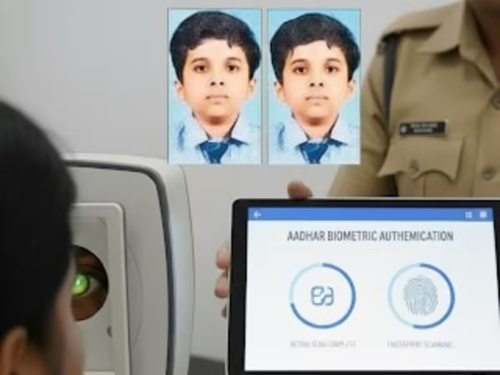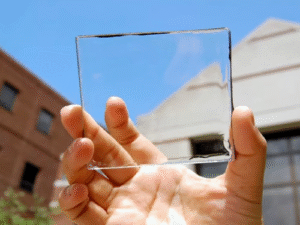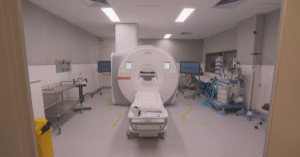Kanpur has witnessed one of the most unusual biometric cases in recent memory after identical twin brothers, Prabal and Pavitra Mishra, reportedly produced exactly matching fingerprints and retina scans during Aadhaar verification.
The situation escalated when one brother attempted to update his Aadhaar biometrics — only for the other brother’s Aadhaar to get automatically deactivated, as the UIDAI system failed to distinguish between their biometric signatures.
Biometric experts say this incident is extremely rare. While identical twins share the same DNA, their fingerprints and retinal patterns are scientifically known to differ, since these features develop in the womb due to random environmental factors like pressure, blood flow, and fetal movements. Research typically finds 55–74% fingerprint similarity among identical twins, but never a perfect match. Retinal matches among twins are even less common.
Because of this, specialists believe the Kanpur case is more likely the result of a technical or calibration error rather than a true 100% biometric match. Past instances from other countries show identical twins confusing fingerprint scanners, but those were usually due to low-resolution sensors or partial matches, not a full fingerprint-plus-retina duplication.
Even so, the incident has raised questions about biometric reliability, particularly in large-scale identity systems like Aadhaar. Authorities are expected to examine the anomaly to determine whether the match was genuine or caused by system-level inaccuracies.
For now, the Mishra twins’ case is being discussed as one of India’s first such biometric confusions, drawing both scientific curiosity and administrative concern.







